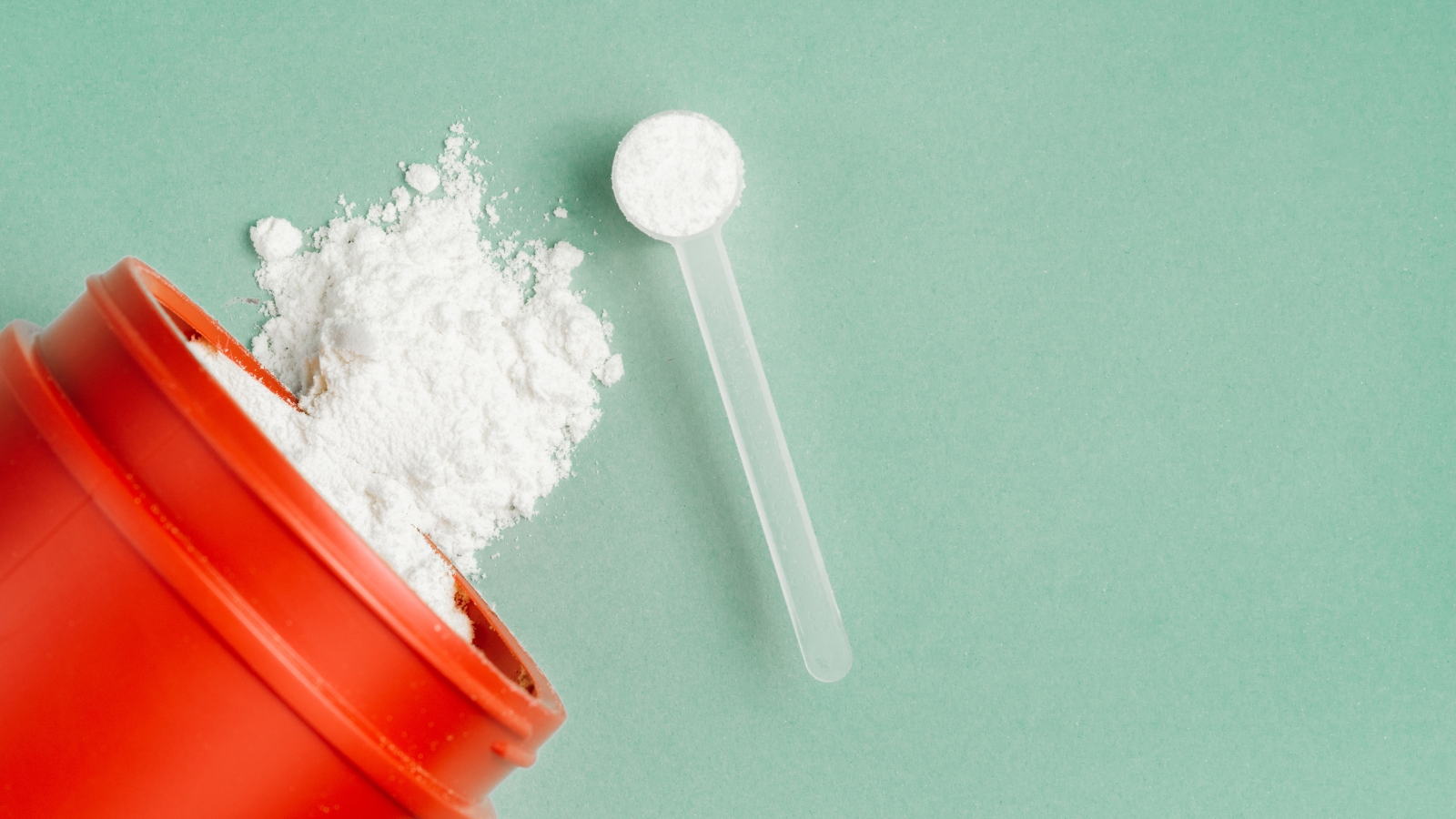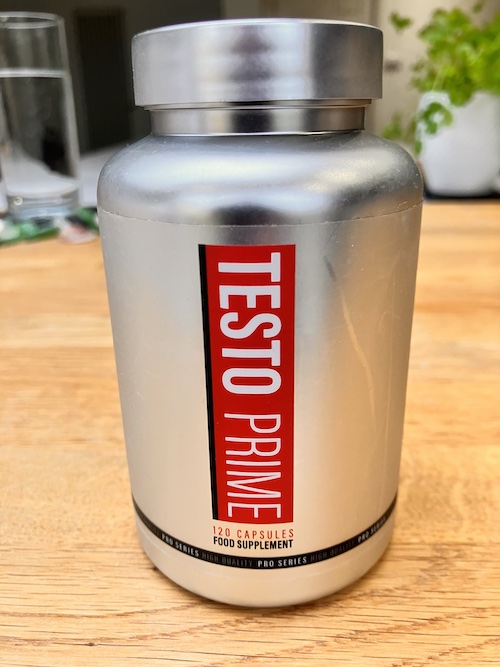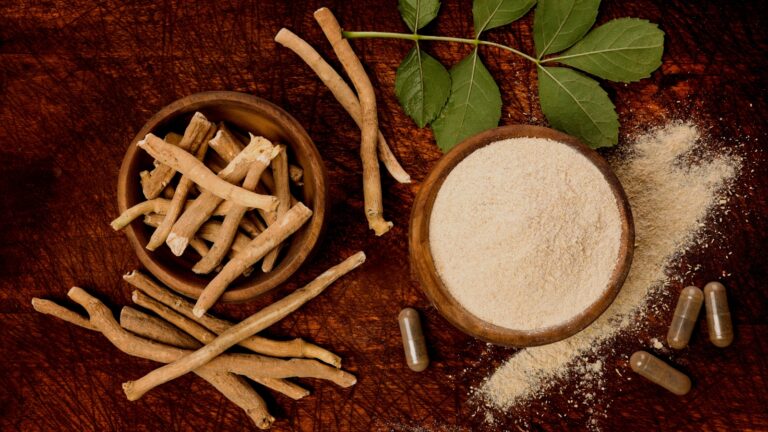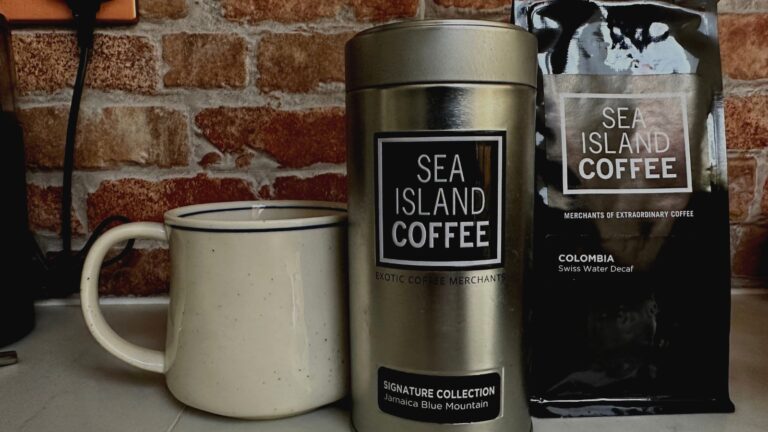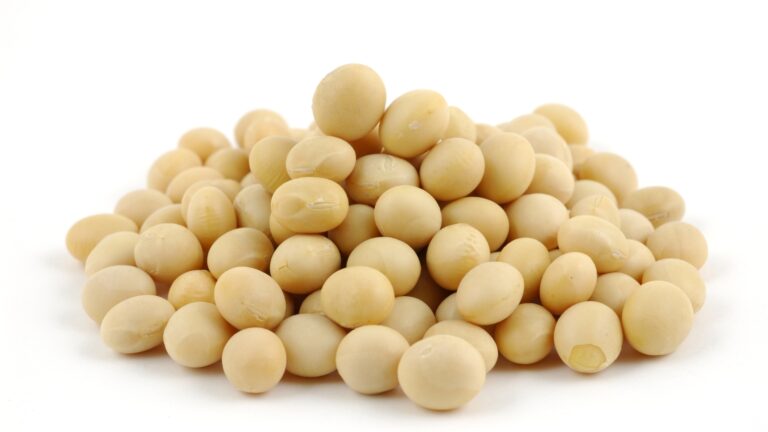Keeping your testosterone levels at optimal or even adequate levels is one of the most beneficial things you can do for your health. This doesn’t just go for men, either. Though it’s far more important for men to have healthy T-levels, women rely on a certain amount too.
For both sexes, testosterone is a natural hormone that supports immune health, energy, your sex drive, muscular development and physical strength. Testosterone levels in men are central to their sexual development, physical and mental wellbeing, and their long-term health.
There’s more… when your body is producing the right amount of testosterone, it can better regulate fat storage and use, maintain health muscle and bone mass, produce red blood cells, and keep sexual function in full working order.
So what can we do to ensure our bodies are producing enough? Well, we don’t need exogenous testosterone, such as steroids – that is, unless you’rr specifically prescribed this by your GP. If there’s no medical reason for to be taking such synthetic compounds, it can be dangerous to do so, and can even negatively impact your ability to produce testosterone naturally.
Instead, we can raise our T-levels naturally with the use of minerals, vitamins, herbs and supplements.
You may have heard about L-arginine. It’s an amino acid that’s known to be an effective natural testosterone booster. However, the jury is still out on its efficacy, with evidence so far inconclusive.
Here, I help you find the answers to L-arginine, and whether or not it will help you elevate your testosterone output successfully, or cause harm.
Low Testosterone
Firstly, I’m going to quickly talk about why it’s so important to tackle low testosterone levels.
Most women will produce adequate levels of testosterone, needing only a small amount. Men, on the other hand, rely on this hormone much, much more, and so are more likely to suffer when they’re not producing enough of it.
It is inevitable that men’s testosterone output will begin to dwindle. Us men get our best testosterone years in early adulthood, up to roughly our mid-twenties. But once we hit the big three-zero (which is no age these days!), we start to produce less and less each year.
These levels can go low enough to require medical intervention, to alleviate you from the negative affects low testosterone can have on your health and wellbeing. Most of us, however, simply need to implement some lifestyle changes to nourish our testosterone levels back up to a healthy level.
When you’re suffering from low testosterone, it can cause a whole catalogue of problems in your health and everyday life. You may notice a decrease in your sex drive, or erectile problems – which can be very frustrating, can knock your confidence, and possibly effect your relationship.
You could also be struggling to gain muscle, even though you’re working hard at the gym. Body fat can become difficult to shift, and you may even notice swelling around your breasts. Loss of body hair is also a sign your T-levels are dipping.
Those are the physical signs, but from within you may feel a negative change in your mood. You may feel anxious, irritable and depressed, and struggle to stay focused or recall information. Medically, the low red blood cell counts may lead you to becoming anaemic, and you could experience fertility issues.
This can all be caused by a number of things. It may be age, or it may be a health condition. Some experience low T-levels if they use drugs, while medications can also cause problems. A sedentary lifestyle, poor diet, and excessive alcohol can also contribute to how much testosterone your body is able to produce.
It’s important we identify these damaging symptoms, and know how to optimise our testosterone levels to a healthy marker. If you’re really concerned, please speak with your GP. They can carry out tests to get a true picture of the cause.
Thankfully, there are plenty of things we can do to remedy this. Doing so will make a significant improvement to your physical, mental, and even emotional wellbeing.
What is L-Arginine?
Certain herbs and supplements can stimulate your body into producing more endogenous testosterone on its own. They bring no side effects, and help you naturally get those levels back up to where they should be.
L-Arginine is one such supplement that is yet to be studied rigorously. Though it’s highly regarded as an effective testosterone booster, there is little scientific evidence that can confirm nor debate it.
So what is it?
L-arginine is an amino acid that is produced naturally in the human body to increase blood flow. This key role is where most of its purported efficacy lies.
Most commonly found in red meat, fish, dairy and poultry, l-arginine is converted into nitric oxide. This nitric oxide widens blood vessels, which improves blood flow and nutrient transportation around the body.
There are some animal-focused studies that suggest l-arginine can help increase testosterone levels; however, there is no human trial data that can validate this claim. Some research also explains that rather than having a direct impact on increasing testosterone levels, l-arginine increases blood flow which alleviates low energy and mental fatigue, and improves erectile dysfunction.
We do know that l-arginine can increase levels of growth hormone, which can lead to improved muscle mass. This can be very beneficial to those with low testosterone levels who may be struggling to build muscle.
It does seem, then, that l-arginine alleviates some of the symptoms you’d experience with low testosterone, rather than directly impacting how much testosterone is produced. Which is still incredibly beneficial, but needs clarity when referring to l-arginine as a testosterone booster.
L-arginine Side Effects
Generally, l-arginine is considered a safe, natural supplement. However, it’s wise to be wary of any possible, albeit rare side effects. These include bloating, abdominal pain, diarrhoea, nausea, headaches, airway inflammation, aggravated asthma, and allergic reactions.
I strongly recommend you speak with your GP before starting any supplementation, including l-arginine, especially if you have cardiovascular issues or history.
Should You Take L-Arginine As A Supplement?
This is for your GP to advise, especially if you have medical conditions.
As we’ve seen, l-arginine will unlikely raise your testosterone levels directly, but it can help to offset some of the effects of low testosterone.
And this is why many testosterone supplements make good use of it. They include it in their formula to work with ingredients proven to directly optimise testosterone output, whilst working on the side effects their target audience will be suffering with.
There are, however, many testosterone supplements that forego its use entirely. Rather than include ingredients that only work on the side effects, some of the best testosterone boosters focus on alleviating the root cause. With no scientific evidence showing l-arginine can achieve this, they have no reason to include it.
TestoPrime is a good example of this. It’s one of my favourite testosterone boosters, often pitching the top spot when we’re scouting for the best products available, yet it doesn’t contain any l-arginine.
TestoPrime has designed an ingredients profile that focuses heavily on natural testosterone output. It only includes ingredients that have rigorous third-party testing to prove its worth, and are more ‘heavy-hitting than l-arginine.
If you’re looking to optimise your testosterone levels, I strongly recommend a supplement like TestoPrime. It’s carefully yet potently dosed to ensure your body is directly stimulated to produce more of its own testosterone.
It works to block anything that tries to prevent free testosterone in the body, such as SHBG, and adds some heavily researched ingredients to alleviate some of the symptoms of low T.
When taking TestoPrime, you’ll experience improved strength, athleticism, energy levels and sleep quality, a leaner physique as you build more muscle and burn more fat, and improved overall health, including immune function and lower blood pressure. All in the safe hands of a carefully designed and perfectly dosed formula.
Ingredients include D-aspartic acid, ashwagandha, fenugreek, ginseng, vitamins B and D, green tea, Bioperine and zinc, all of which are far more potent, proven, and effective ingredients than l-arginine.

